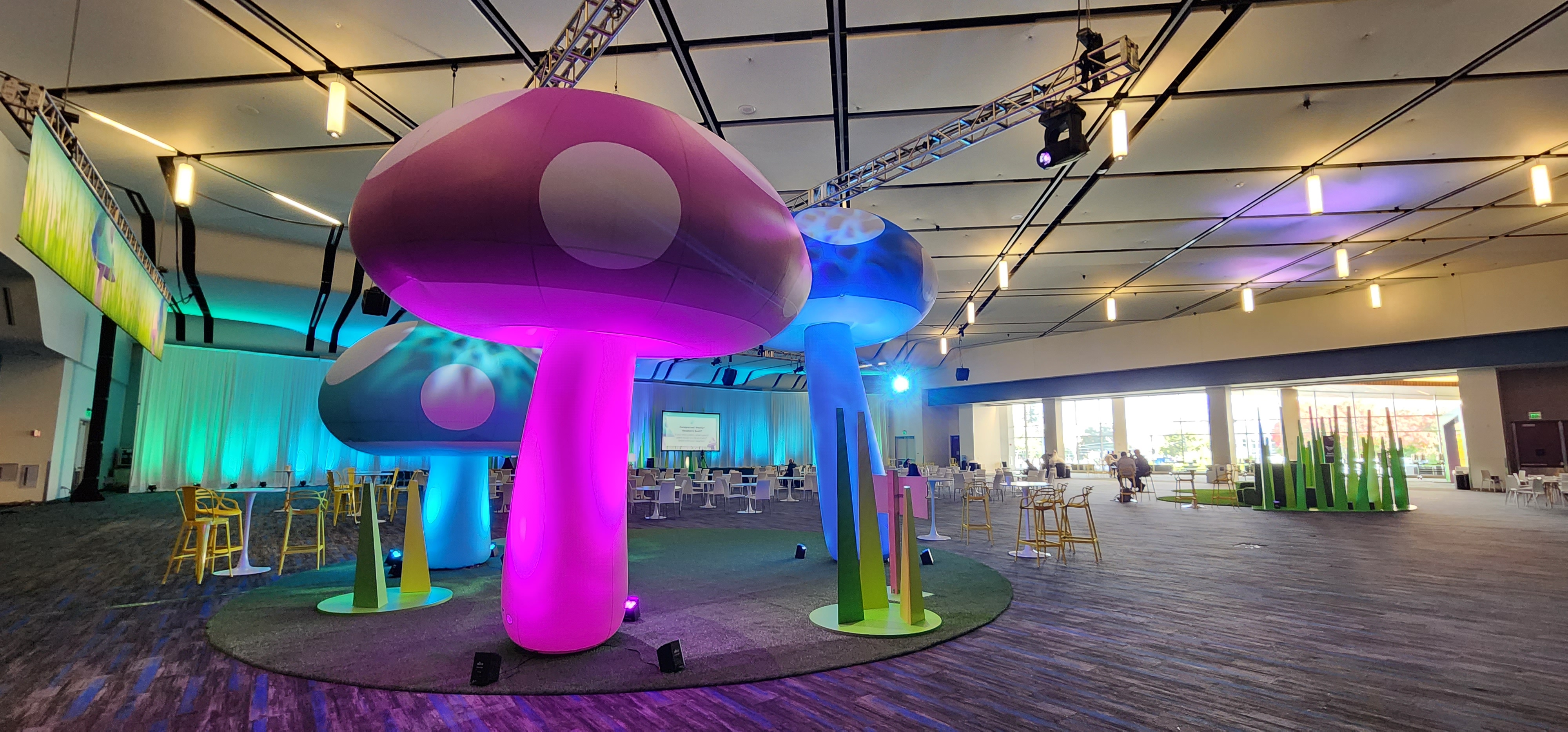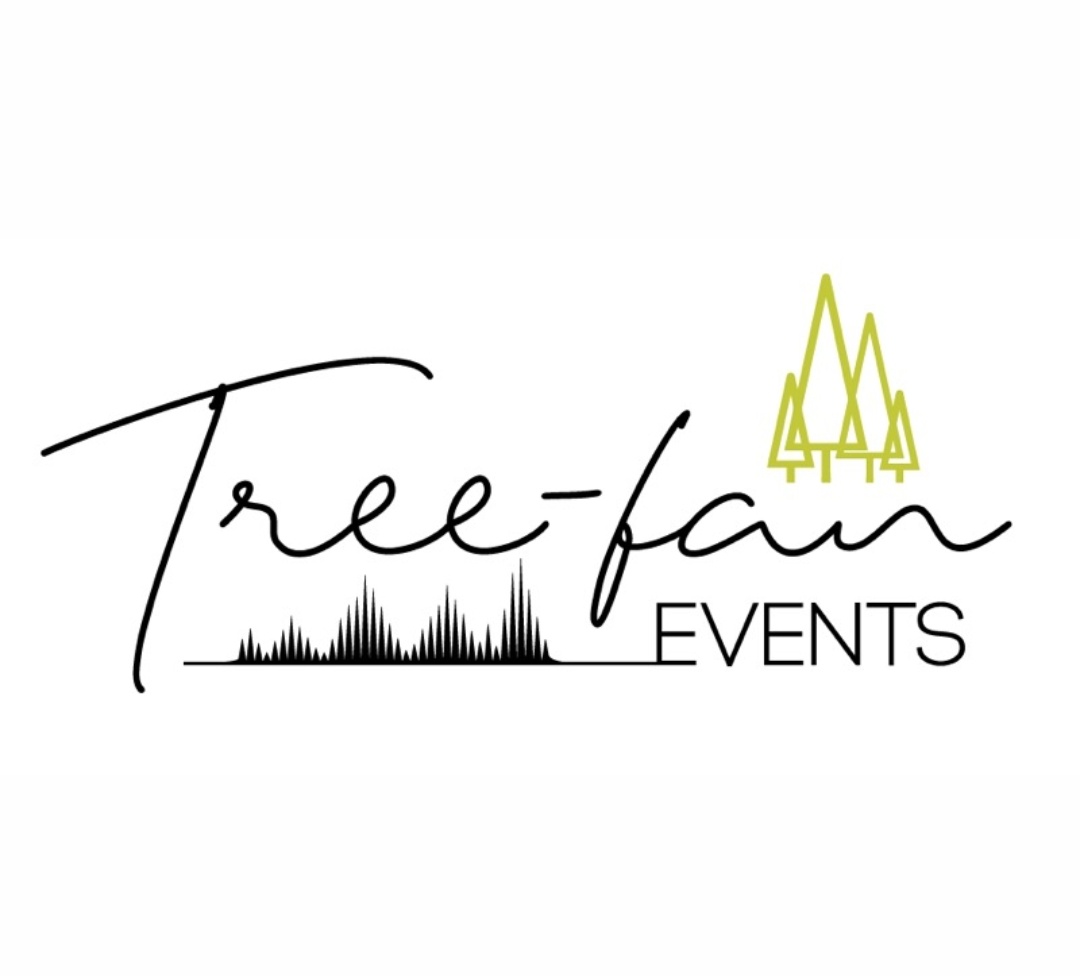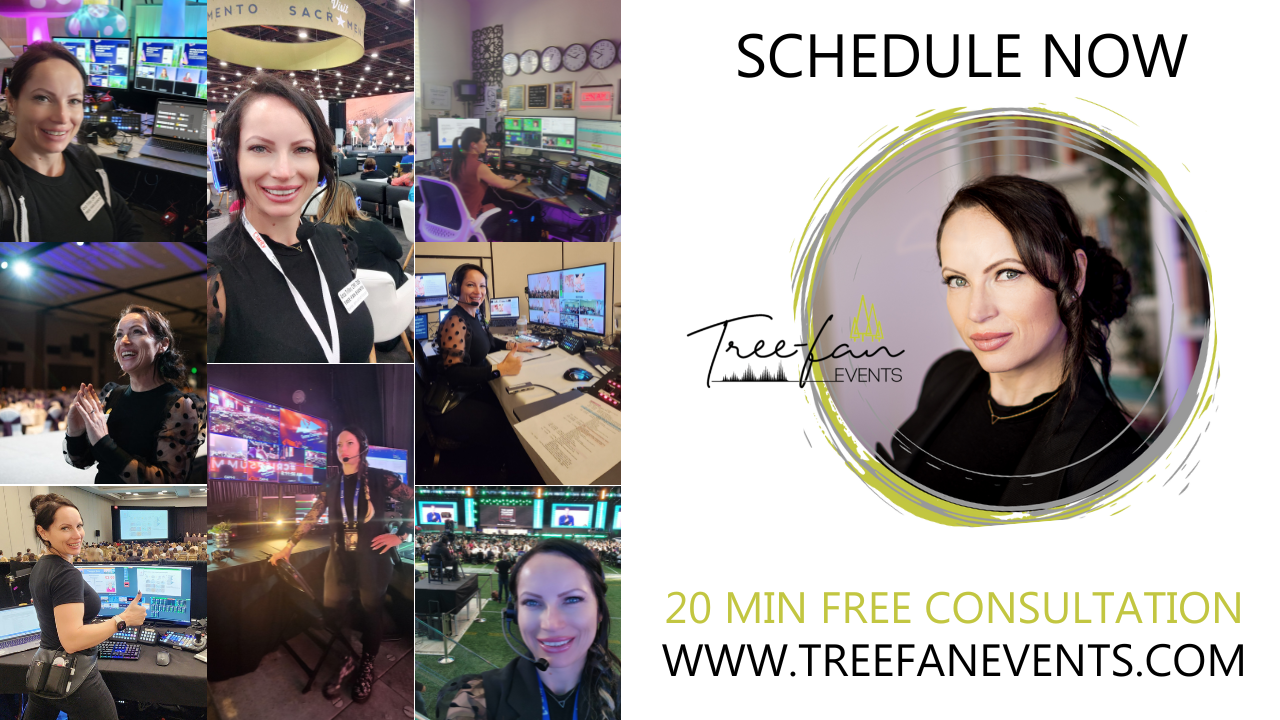In the events and meetings industry, communication between suppliers and planners is crucial to the success of an event. Both parties have specific requests that they believe will contribute to the success of the event. However, misunderstandings and miscommunication can arise if each party is not clear about their expectations.
As a supplier, it can be challenging to navigate the world of event planning and ensure that you’re meeting the needs and expectations of your clients. However, understanding the difference between supplier requests and planner requests can help you streamline your processes and improve your relationships with planners. In this blog post, we’ll explore some of the key items on both the supplier and planner request lists, based on a live poll done during a recent in-person industry event organized by Northstar Meetings Group that included a good number of planners and suppliers. The additional AV notes added in the downloadable content have been collected from our AV partners and vendors over the years.
On the supplier’s request list, there are several items that suppliers would like planners to keep in mind. These include: 
- Keep: appointments, contact info, site visits, and event history, include CVB on-site inspections, and be patient as option periods have shortened.
It’s important for planners to keep appointments and site visits to ensure that they can get a feel for the space and understand the logistical details of an event. Suppliers also appreciate it when planners include their CVB (Convention and Visitors Bureau) on-site inspections as it helps to promote the destination. Additionally, suppliers ask for patience as option periods have shortened due to the current climate.
- Toss: old RFPs, shorten concession list, lengthy unnecessary questions in the initial stage of an RFP, making it difficult to cooperate.
Suppliers don’t want to receive old RFPs or lengthy, unnecessary questions that make it difficult to cooperate. They also request that planners shorten their concession list and avoid sending old RFPs.
- Start: thinking outside the box, bringing RFPs to industry conferences and tradeshows, including CVBs when sourcing NSOs, good communication, be honest, narrow down program dates, select one main medium for the RFP process, communicating if something got resolved, share more info about group preference.
Suppliers would like planners to think outside the box and bring RFPs to industry tradeshows. They also ask that planners include CVBs when sourcing NSOs and communicate honestly about their needs and preferences. It’s also helpful for planners to narrow down program dates and select one main medium for the RFP process.
WOULD YOU LIKE TO BE ABLE TO READ THE MIND OF A PLANNER, SUPPLIER, AND AV PROVIDER? SIGN UP TO DOWNLOAD.

On the planner’s request list, there are several items that planners would like suppliers to keep in mind. These include:
- Keep: personalized communication emails, personalized showcase offerings, become solution-driven, and if you can’t help, direct to someone who can, keep up with the dates for promo offered, be upfront with property renovations, make sure room size will fit the size of the group, personalized site visits with the event manager working on the event, have a main point of contact, soft sale not hard sale.
Planners appreciate personalized communication emails and personalized showcase offerings that show suppliers are invested in their events. They also appreciate it when suppliers become solution-driven and direct them to someone who can help if they’re unable to meet their needs. Additionally, planners ask suppliers to keep up with the dates for promo offered, be upfront with property renovations, make sure room sizes will fit the size of the group, and have a main point of contact.
- Toss: blaming Covid for everything, bulk email campaigns, ghosting when an RFP gets sent and you don’t want it, not fully reading the RFP, charging high AV services charge and costs for the in-house AV service, nightly attrition on top of attrition, circling around the planner and going directly to the client, unreasonable time expectations when signing a contract, nickel & diming, asking if times are flexible when it says on the RFP they are firm.
Planner’s request to suppliers:
stop selling the dream and delivering a nightmare
Planners would appreciate it if suppliers would stop blaming Covid for everything, send bulk email campaigns, or straight up ghost them when they send an RFP. They also expect suppliers to fully read the RFP and not charge high AV service charges or nightly attrition on top of attrition. Planners appreciate it when suppliers avoid circling around them and going straight to the client. Planners also suggest that suppliers start focusing on sustainability and food loss opportunities, being transparent, updating contact lists, being responsible and accountable, answering emails, and sending a welcome package after the contract is signed to make it easy to work with them.
In conclusion, the events and meetings industry requires clear communication between suppliers and planners to ensure the success of an event. By keeping, tossing, and starting certain practices, both parties can improve their communication and collaboration, resulting in a successful event. It is important to understand the expectations and requests of both parties and to make sure that everyone is on the same page throughout the planning process. By working together, suppliers and planners can deliver an exceptional event that exceeds their client’s expectations.
Did you know our agency contracts several global event planners and managers that can assist you in planning your next event?
If you or your organization is looking to plan an event on a medium to a larger scale, such as a corporate event, conference, trade show, and more our certified professional event planners and managers can assist with various aspects of event planning, including contract negotiations, budgeting, venue selection, logistics, catering, entertainment, and AV production services, helping to ensure that the event runs smoothly and successfully. Learn more by scheduling a 20 min discovery call at your earliest convenience by following the link below.



